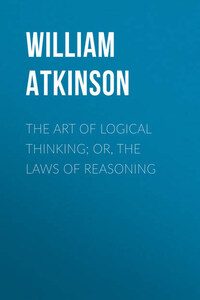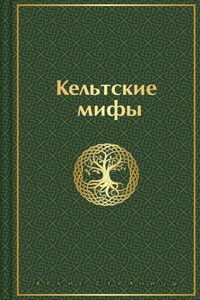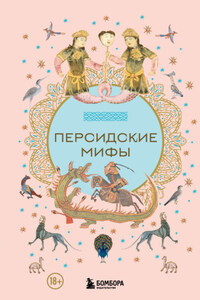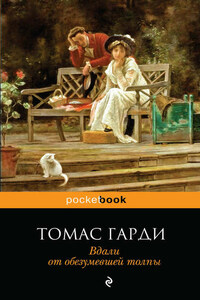"Reasoning" is defined as: "The act, process or art of exercising the faculty of reason; the act or faculty of employing reason in argument; argumentation, ratiocination; reasoning power; disputation, discussion, argumentation." Stewart says: "The word reason itself is far from being precise in its meaning. In common and popular discourse it denotes that power by which we distinguish truth from falsehood, and right from wrong, and by which we are enabled to combine means for the attainment of particular ends."
By the employment of the reasoning faculties of the mind we compare objects presented to the mind as percepts or concepts, taking up the "raw materials" of thought and weaving them into more complex and elaborate mental fabrics which we call abstract and general ideas of truth. Brooks says: "It is the thinking power of the mind; the faculty which gives us what has been called thought-knowledge, in distinction from sense-knowledge. It may be regarded as the mental architect among the faculties; it transforms the material furnished by the senses … into new products, and thus builds up the temples of science and philosophy." The last-mentioned authority adds: "Its products are twofold, ideas and thoughts. An idea is a mental product which when expressed in words does not give a proposition; a thought is a mental product which embraces the relation of two or more ideas. The ideas of the understanding are of two general classes; abstract ideas and general ideas. The thoughts are also of two general classes; those pertaining to contingent truth and those pertaining to necessary truth. In contingent truth, we have facts, or immediate judgments, and general truths including laws and causes, derived from particular facts; in necessary truth we have axioms, or self-evident truths, and the truths derived from them by reasoning, called theorems."
In inviting you to consider the processes of reasoning, we are irresistibly reminded of the old story of one of Moliere's plays in which one of the characters expresses surprise on learning that he "had been talking prose for forty years without knowing it." As Jevons says in mentioning this: "Ninety-nine people out of a hundred might be equally surprised on hearing that they had been converting propositions, syllogizing, falling into paralogisms, framing hypotheses and making classifications with genera and species. If asked whether they were logicians, they would probably answer, No! They would be partly right; for I believe that a large number even of educated persons have no clear idea of what logic is. Yet, in a certain way, every one must have been a logician since he began to speak."
So, in asking you to consider the processes of reasoning we are not assuming that you never have reasoned – on the contrary we are fully aware that you in connection with every other person, have reasoned all your mature life. That is not the question. While everyone reasons, the fact is equally true that the majority of persons reason incorrectly. Many persons reason along lines far from correct and scientific, and suffer therefor and thereby. Some writers have claimed that the majority of persons are incapable of even fairly correct reasoning, pointing to the absurd ideas entertained by the masses of people as a proof of the statement. These writers are probably a little radical in their views and statements, but one is often struck with wonder at the evidences of incapacity for interpreting facts and impressions on the part of the general public. The masses of people accept the most absurd ideas as truth, providing they are gravely asserted by some one claiming authority. The most illogical ideas are accepted without dispute or examination, providing they are stated solemnly and authoritatively. Particularly in the respective fields of religion and politics do we find this blind acceptance of illogical ideas by the multitude. Mere assertion by the leaders seems sufficient for the multitude of followers to acquiesce.
In order to reason correctly it is not merely necessary to have a good intellect. An athlete may have the proper proportions, good framework, and symmetrical muscles, but he cannot expect to cope with others of his kind unless he has learned to develop those muscles and to use them to the best advantage. And, in the same way, the man who wishes to reason correctly must develop his intellectual faculties and must also learn the art of using them to the best advantage. Otherwise he will waste his mental energy and will be placed at a disadvantage when confronted with a trained logician in argument or debate. One who has witnessed a debate or argument between two men equally strong intellectually, one of whom is a trained logician and the other lacking this advantage, will never forget the impression produced upon him by the unequal struggle. The conflict is like that of a powerful wrestler, untrained in the little tricks and turns of the science, in the various principles of applying force in a certain way at a certain time, at a certain place, with a trained and experienced wrestler. Or of a conflict between a muscular giant untrained in the art of boxing, when confronted with a trained and experienced exponent of "the manly art." The result of any such conflict is assured in advance. Therefore, everyone should refuse to rest content without a knowledge of the art of reasoning correctly, for otherwise he places himself under a heavy handicap in the race for success, and allows others, perhaps less well-equipped mentally, to have a decided advantage over him.








